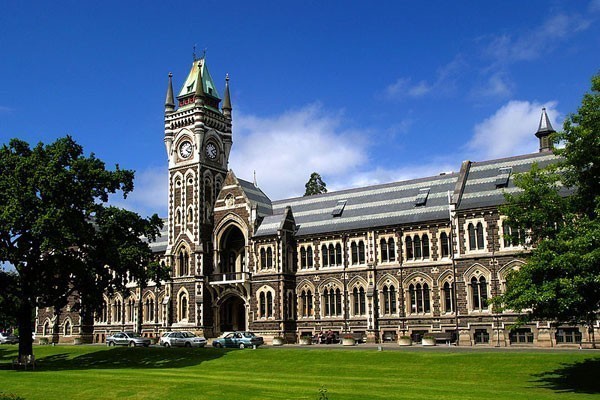Otago Uni spent almost $3 million on travel expenses in 2020, including airfares, accommodation, taxis and car rentals. While these numbers were significantly impacted by Covid-19, the Uni is hoping to keep air travel to a minimum even as borders reopen.
University data received by Critic Te Arohi showed that in 2020, the Uni spent a total of $2,954,626 on travel expenses for staff. These included $1,004,476 for domestic flights, $241,447 for international flights, $1,219,291 for accommodation and $489,412 for taxi and car rentals.
Particularly painful from both a financial and environmental perspective are premium airline seats. The Uni has a policy whereby Uni-paid airfares must be flown in economy class, but figures provided in the Uni’s sustainability report showed that about 3% of the distance travelled short-haul, and 5% of the distance travelled long-haul, was spent in Premium Economy, Business or First Class seats. According to a Uni spokesperson, the Vice-Chancellor can provide exemptions for the Uni’s economy class-only policy: these include when “the flight is on-charged outside the University, where the funder has approved a higher-class of travel and medical exceptions, [and] where the employees are not able to travel in economy class.”
According to Craig Cliff, the Uni’s Net Carbon Zero programme manager, these numbers already represented “a dramatic reduction from 2019”. This was mainly attributed to Covid-19, with widespread border restrictions preventing almost all international travel from March 2020 onwards. The $1 million spent on international travel was largely attributed to the first three months of 2020 “as the year began normally,” he said. According to Craig, the total distance travelled on international flights in 2020 was only about 12% of that in 2019. These numbers may be even lower, as “some of these figures were based on flights that… did not go ahead due to the pandemic.”
Craig is hoping that these numbers stay low, with the Uni targeting keeping air travel to below half of pre-Covid numbers. “The long tail of the pandemic, the ongoing climate crisis and the continuing need for significant financial savings mean that we will need to keep new tools such as online and hybrid modes of delivery for conferences, meetings and work… We cannot return to the level of air travel that we saw before 2020.” He admits that “in-person events [help in] building networks, cementing and progressing collaborations, and disseminating the excellent work that we do,” but was adamant that “this cannot always be the default mode.”






